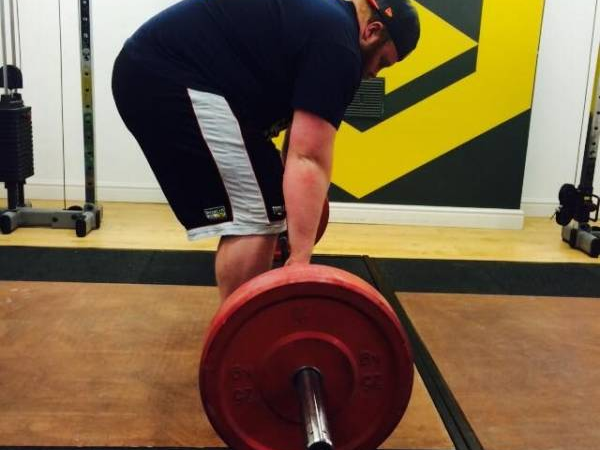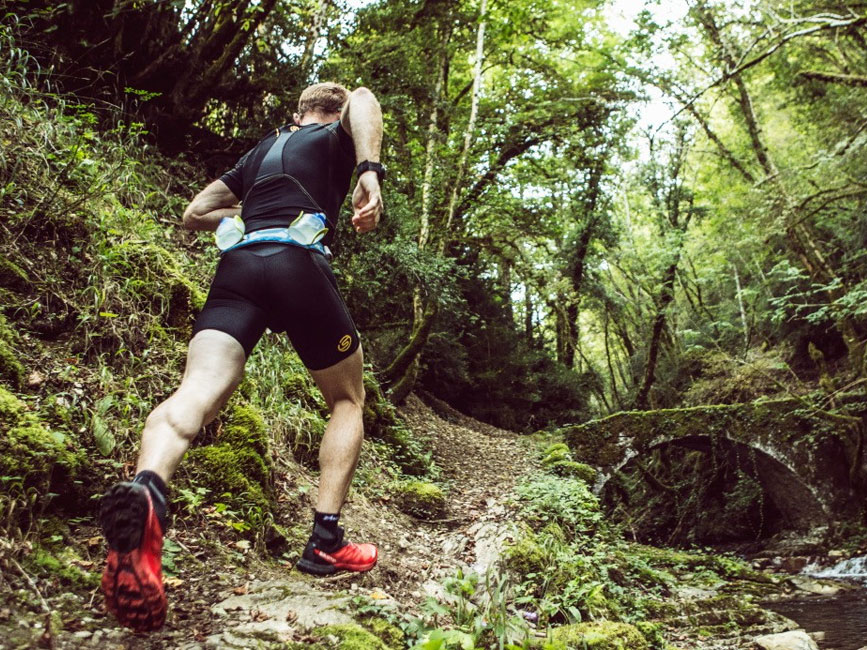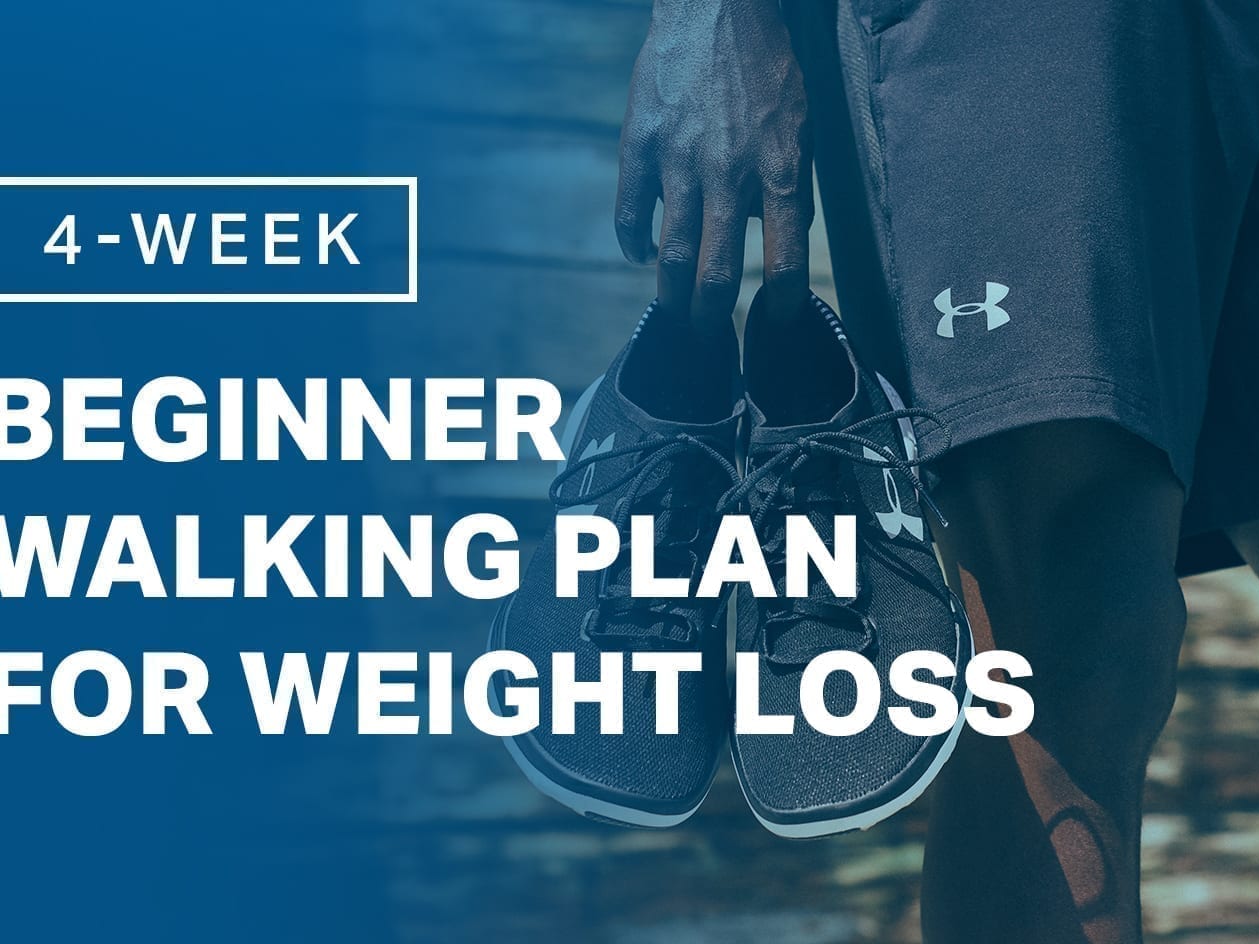Your strolling velocity could also be a predictor of your life expectancy, no matter your weight, in response to a current observational research which requested individuals to price their very own strolling tempo as both sluggish, regular/common or brisk.
The research, which analyzed information offered by almost 475,000 people within the UK, discovered folks of all physique mass index ranges (from beneath 20 to 40 and above) who self-identified as brisk walkers had longer life expectancy than individuals who self-identified as sluggish walkers, significantly if these sluggish walkers had low BMIs (20 or beneath).
THE SCIENCE
Amongst feminine brisk walkers, life expectancy was greater than 86 years, and for male brisk walkers, life expectancy was greater than 85 years, no matter BMI for each genders. Amongst feminine sluggish walkers with the bottom BMI ranges, life expectancy was 72 years, and life expectancy was 65 years for sluggish males with the bottom BMI ranges — considerably shorter than for brisk walkers.
“Gradual strolling tempo and low BMI are related to frailty, whereas a brisk strolling tempo was related to a extra optimistic total well being standing throughout the research,” explains research creator Dr. Francesco Zaccardi, PhD, medical analysis fellow on the Diabetes Analysis Centre on the College of Leicester in England.
Nevertheless, the analysis doesn’t show sluggish strolling results in a shorter life expectancy or brisk strolling results in an extended life expectancy, though it was noticed amongst individuals. “As in all observational research, a definitive cause-effect relationship can’t be established,” says Zaccardi. “It’s seemingly that strolling tempo is a really highly effective marker of well being; nevertheless, bodily health, which was strongly related to strolling tempo, is modifiable with train coaching.”
HOW TO BUILD UP WALKING SPEED
When you self-identify as a sluggish or common walker and also you don’t have well being limitations holding you again, strive these 4 tricks to enhance your tempo:
1
ESTABLISH A WALKING HABIT
When you’re not as quick as you’d like, transferring repeatedly might assist you construct velocity and endurance over time. Take the time to stroll repeatedly, even when your tempo is slower than your objective. “Strolling slowly can imply [fewer] energy burned, decrease cardiovascular exertion and fewer sweating, in comparison with sooner strolling,” says Armen Ghazarians, a California-based train physiologist. “Nevertheless, one shouldn’t negate the advantages of strolling slowly versus not strolling in any respect.”
2
PAIR UP WITH A FAST FRIEND
Strolling repeatedly with somebody who has a faster stride than you might assist you decide up your tempo. “We attain our objectives sooner once we encompass ourselves with people who find themselves the place we wish to be, when now we have additional inspiration and motivation,” says Sarah Grimaud, a New York Metropolis-based licensed private coach.
3
BUILD SPEED GRADUALLY
To undertake a sooner strolling tempo, strive including some velocity to your walks every time you exit. For instance, stroll shortly for 1 minute, then stroll slowly for 3 minutes, repeating the sample over the course of an hour. Or construct to a sooner tempo by stringing collectively a collection of faster walks unfold all through your day.
“Go for 5 – 6 quick 10-minute walks all through the day and step by step up the overall length whilst you lower the overall variety of walks,” says Ghazarians. “After a month or so, full three 20-minute quick walks all through the day, as an alternative of 5 – 6 quick 10-minute walks. After three or 4 months, full two 30-minute quick walks, and finally progress to hour-long quick walks.”
4
CHANGE YOUR ATTITUDE
You could possibly enhance your strolling tempo in case you start to assume in a different way about your self and your strolling skill. Discover a strolling mantra the place you “establish as a quick walker or an individual with the potential to stroll quick,” says Grimaud. “Our ideas are highly effective and we could also be holding ourselves again by merely labeling ourselves as sluggish, when now we have the potential for a lot extra.”

















